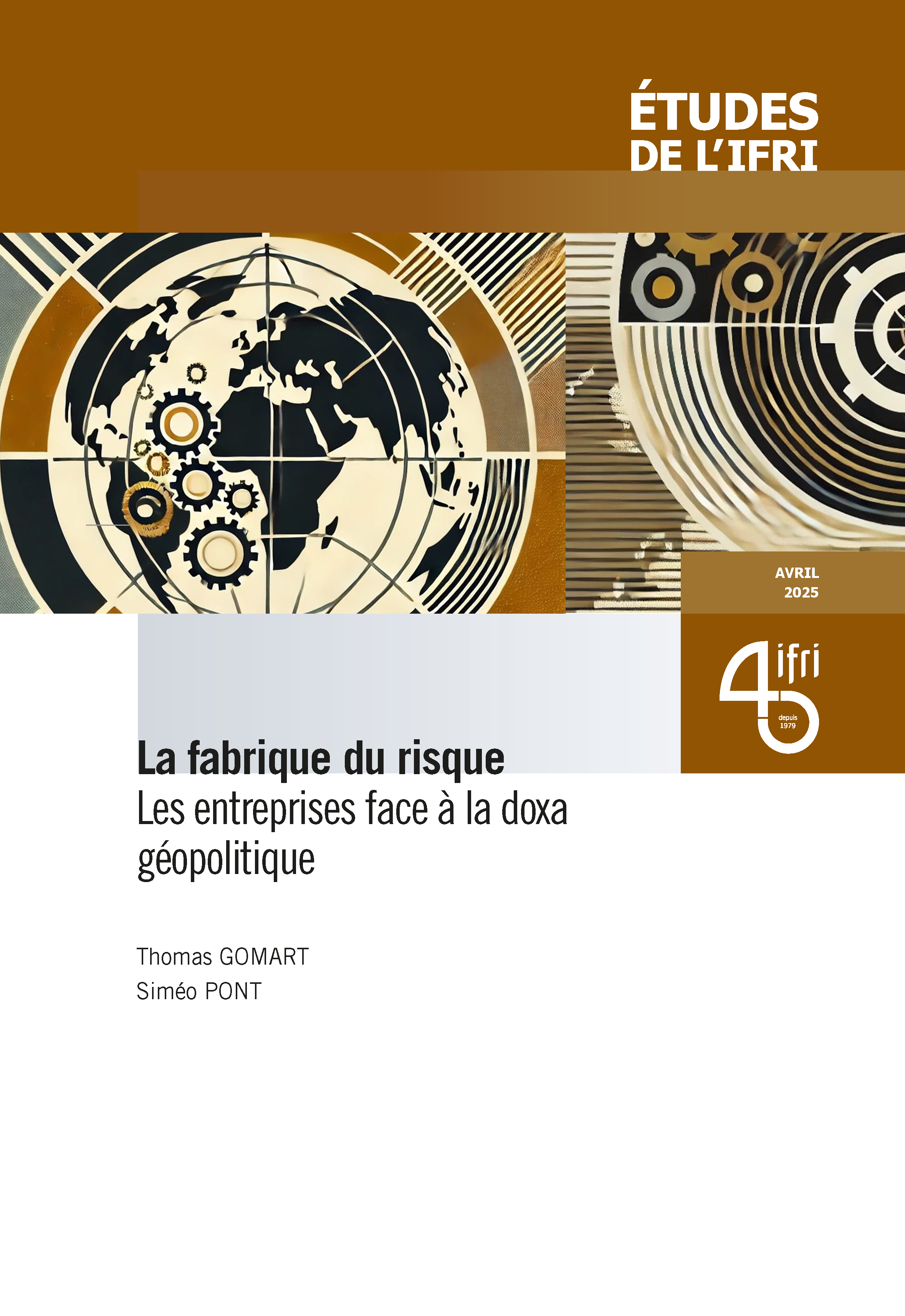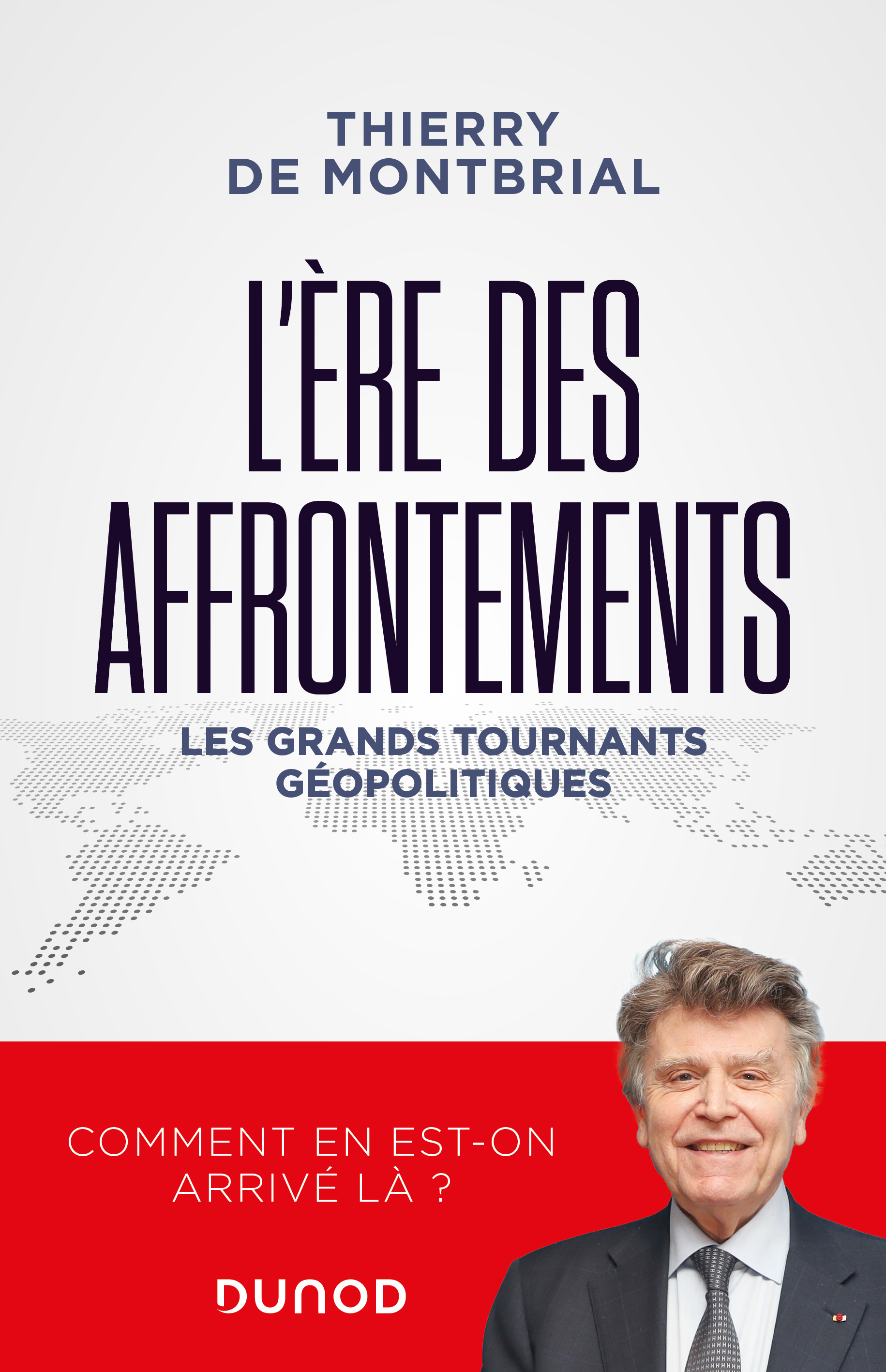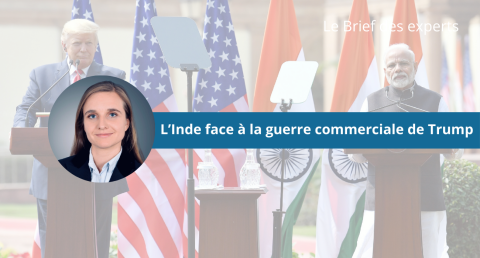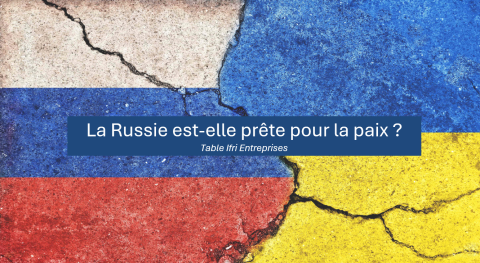Rare Earths and other Critical Raw Materials: Towards a Security of Supply?

Informations pratiques
Thématiques et régions
Centres et programmes liés
Ceci est un événement réservé.
En savoir plus sur nos programmes de soutien26 January 2011
14:00 - 16:00
at
European Commission Representation in Belgium
73, rue Archimède
Brussels, Belgium
with
Roderick Eggert
Professor and Director of the Division of Economics and Business,
Colorado School of Mines
Paul Anciaux
Policy Officer - Mining, metals, raw materials,
DG Enterprise and Industry, European Commission
René van Sloten
Chairman, BUSINESSEUROPE Market Access Working Group
and
Alan Price
Partner and Co-Chair of the International Trade Practice Wiley Rein LLP, Washington DC
Chair:
William C. Ramsay
Director, Ifri Energy Program
With the development and increasing commercialization of cutting edge technologies and growing competition from emerging economies, Europe is ever-more vulnerable to supply disruptions of rare, geographically concentrated raw materials. The so-called "rare earths" are but one among many. In 2008, the European Commission identified 14 such critical materials necessary for the health of European industry but subject to severe supply risks due to geopolitical-economic factors. Both Europe and the United States face similar challenges in securing these critical raw materials to support the growth of enterprise and industry. By bringing together perspectives from both sides of the Atlantic, this conference aims to discuss some of these challenges, the effects on industry, and policy options available for ensuring better securities of supply - in particular the options examined in a special Communication by the European Commission on raw materials scheduled for adoption on 26 January.
In cooperation with the U.S. Mission to the EU
and with the kind support of
the Representation of the European Commission in Belgium
Sujets liés
Autres événements

Le retour de la « grande coalition » – quel leadership allemand dans un monde incertain ?
Le nouveau gouvernement allemand, une « grande coalition » probablement dirigée par Friedrich Merz, va devoir faire face à un environnement international complexe, marqué notamment par un bouleversement des relations transatlantiques. Les attaques de l’administration Trump à l’égard des alliés traditionnels des Etats-Unis, le rapprochement entre Washington et Moscou, ainsi que les incertitudes qui pèsent sur le futur de l’OTAN, ébranlent les paradigmes de la politique étrangère allemande.
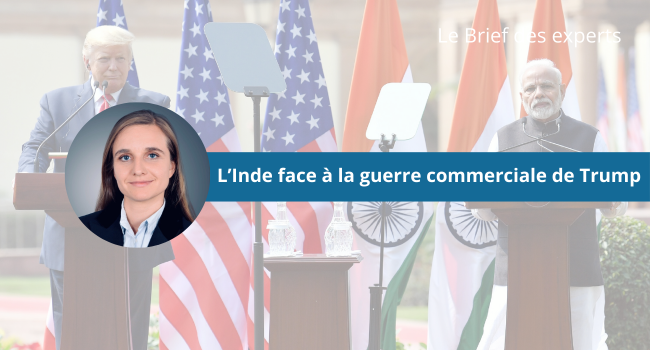
L’Inde face à la guerre commerciale de Trump
Un brief de 30 minutes autour de Sylvia Malinbaum, chercheuse, responsable de la recherche sur l'Inde et l'Asie du Sud au Centre Asie de l'Ifri.
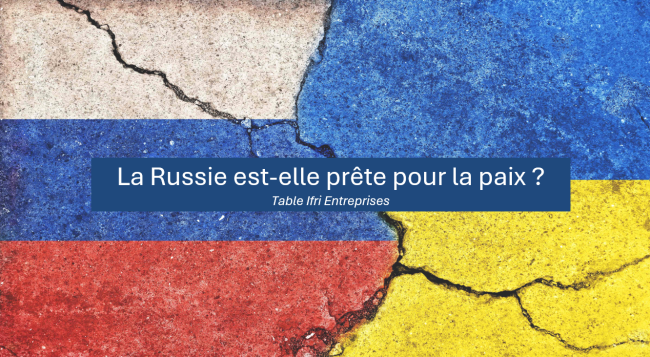
La Russie est-elle prête pour la paix ?
Depuis plus de trois ans, la Russie mène une guerre de haute intensité contre l’Ukraine, qui bénéfice du soutien politique, militaire et financier de l’Occident.


